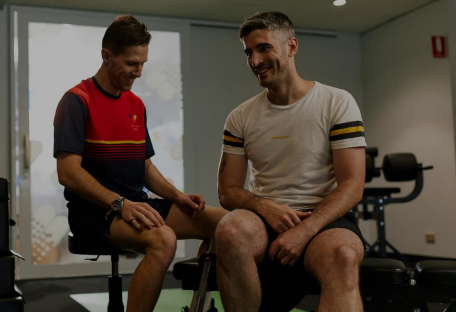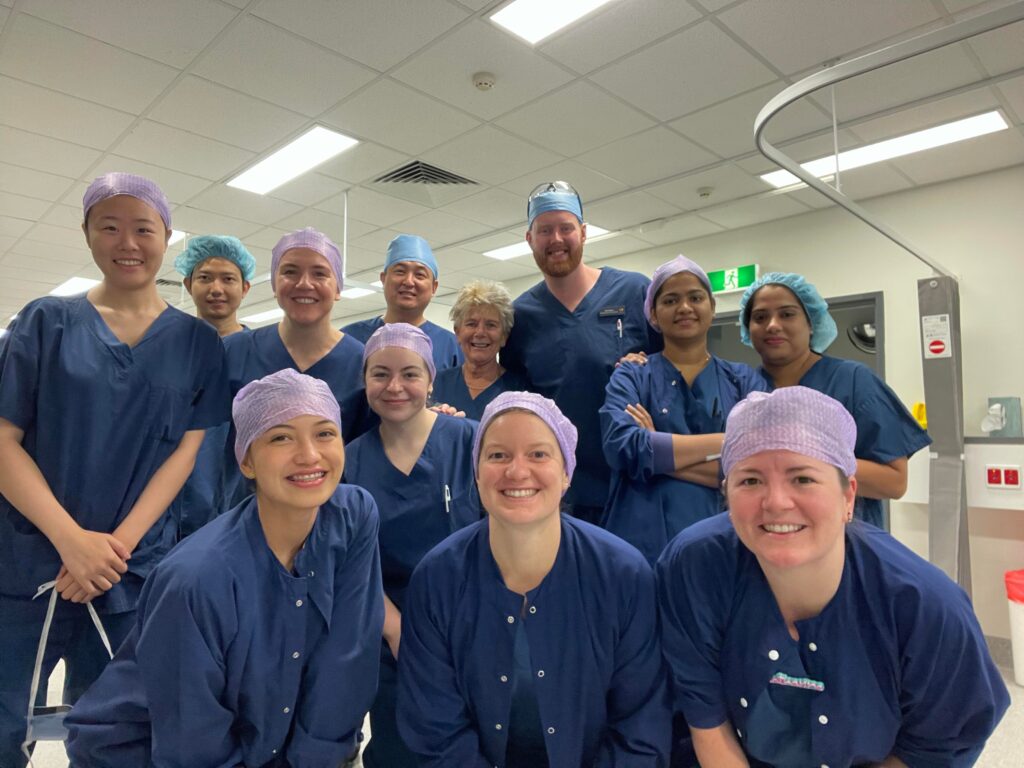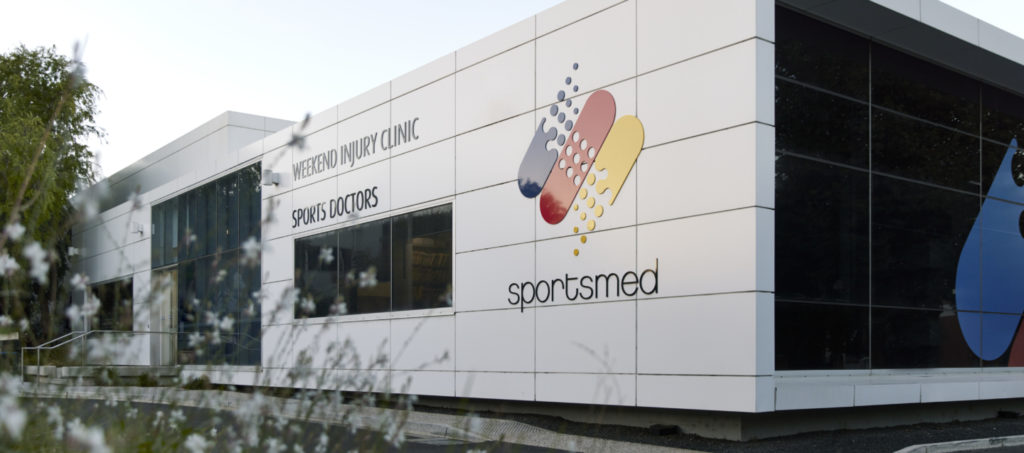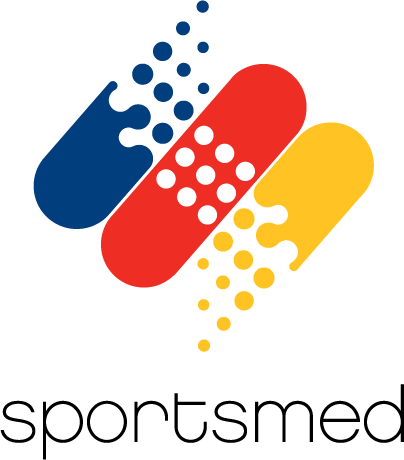Written by sportsmed Head Exercise Physiologist, Matt Muir.
Injuries such as muscle, tendon and ligament sprains and ruptures are often the result of the body shifting beyond its normal range of movement. In the lower body (hip to toes), injury is regularly caused by movement of the knee inwards.
Following a lower limb injury, traditional return to sport rehabilitation programs usually feature an emphasis on strength and mobility. However there is a strong case for incorporating neuromuscular control training, which encompasses both reflexes and voluntary muscle responses, to help reduce reinjury.
what
At its core, neuromuscular control training aims to improve an athlete’s awareness of correct technique, balance and proprioception and positioning so they understand where their body is and what it is doing.
While exercises such as squats, lunges, hamstring curls and dead lifts will improve strength and mobility following injury, those based around neuromuscular control which have shown to have the biggest impact on reducing reinjury rates.
These movements can include jumping, hopping, core and hip stability exercises, cone, change of direction, decision-making, turning under pressure and agility ladder drills.

why
Both FIFA and Netball Australia incorporate neuromuscular control training into their warm-up programs to prevent serious lower limb injuries.
But you don’t have to be an elite athlete to experience the benefits.
Amateur athletes often return to sport with a high risk of re-injury because they do not have that neuromuscular control; which may have been a contributing mechanism behind why they suffered the injury in the first place.
Controlled exercises that focus on jumping, landing, pivoting and agility can help to increase stability in the lower extremity and achieve correct biomechanics.
But as with any rehabilitation program, it must be modified and tailored to suit the characteristics of an individual, their particular sport and the injury.
contact
So if you’re recovering from a lower limb injury, talk to your sportsmed Exercise Physiologist about incorporating neuromuscular control training into your program.
sportsmed Exercise Physiologists are available for appointments at our Stepney Healthcare Hub, as well as our Morphett Vale, Blackwood and Mitcham Branches. To make an appointment or enquiry contact 08 8362 8122 or email physio@sportsmed.com.au.



